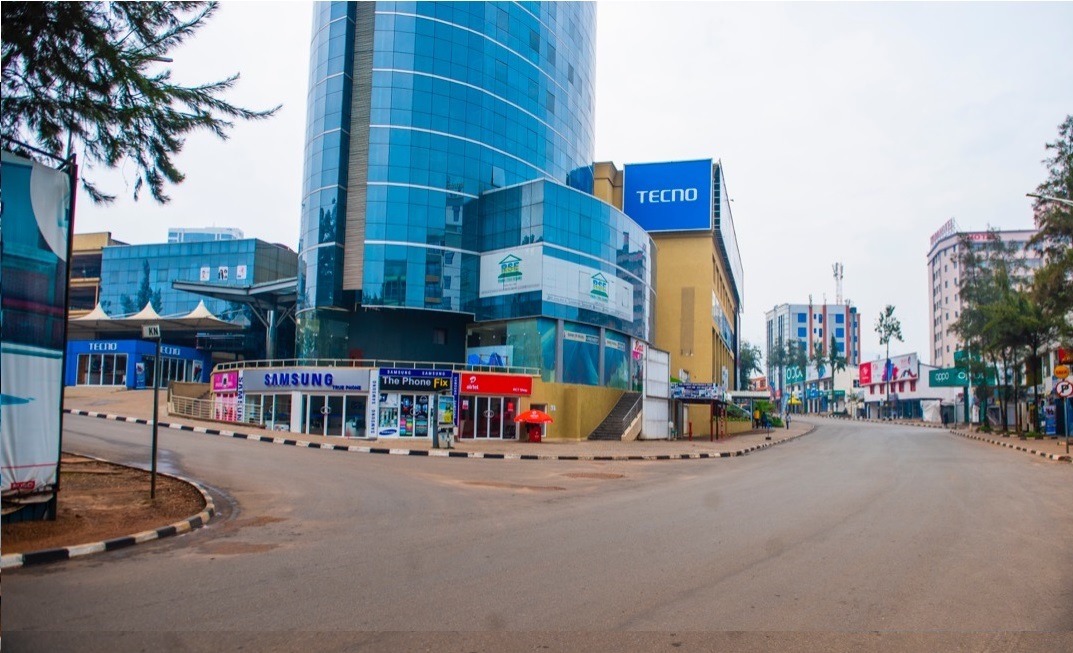“As the pandemic continues and as we discuss a global health and socioeconomic recovery, we…

COVID-19 in Rwanda: Kigali in Lockdown
More restrictive health and safety measures entered into force in Rwanda this week due to a spike in COVID-19 cases. In particular, starting Tuesday 19 January, Kigali is in lockdown again for at least 15 days after the first lockdown ten months ago. The decision to close down the capital was taken by the Cabinet a few hours earlier, on Monday evening, due to the fact that the city had registered over 60% positive Coronavirus cases and a notable increase in deaths in the country since the beginning of the month.
For the next two weeks, only a few businesses will be open, such as supermarkets, while “non-essential” structures, such as socio-cultural activities and restaurants, places of worship, schools and cafés will be closed. The measures also include restrictions on travel and unnecessary movement therefore, in order to go grocery shopping or to the bank, residents of the Rwandan capital must send a text message to the police beforehand.
Even though it was in the air, the government’s decision was so sudden that there was a lot of confusion at the markets all over the city on Monday where crowds of people swarmed to stock up before the lockdown. Further turbulence took place at the bus stations where long lines formed to get on buses leaving for rural areas where the only health restriction currently in force is the 6:00 pm curfew.
The Ministry of Local Businesses sent out a detailed list of “essential” businesses that can stay open, such as specific activities involved in construction or completing infrastructures, such as hospitals, schools, roadways, water systems in urban areas and structures that provide electricity. Further exceptions include food transportation and some key agricultural activities such as distribution. On the industrial level, however, only factories that manufacture building material, hygiene products (soap and disinfectants) and sanitary products (masks and medical equipment) can keep operating.
According to the statement released by the Ministry, these businesses have to ask the competent authorities for permission to continue their work, and in any event, they must interrupt daily activities at 6.00 pm. At the same time, the Ministry of Trade and Industry has warned of the risk of increasing the prices of certain goods: local newspapers report that the population has purchased mainly rice and potatoes, that is, long-lasting goods, while it ignored fruit and vegetables that cannot be kept as long. The risk of inflation was already present before the lockdown last year. In fact, in that instance, the authorities watched the fluctuations in retail and wholesale trade very closely and fined profiteers.
Currently, the pandemic in Rwanda has reported a total of 11,548 cases, of which 7,580 recovered and 148 deaths. Between January 6 and 9, new confirmed cases were 2,593. Regarding the vaccine campaign, last week five ultra-cold freezers were purchased able to store the new vaccines against the coronavirus safely, and the country awaits the first supply in March so that it can launch the vaccination program for priority groups by 1 April.




